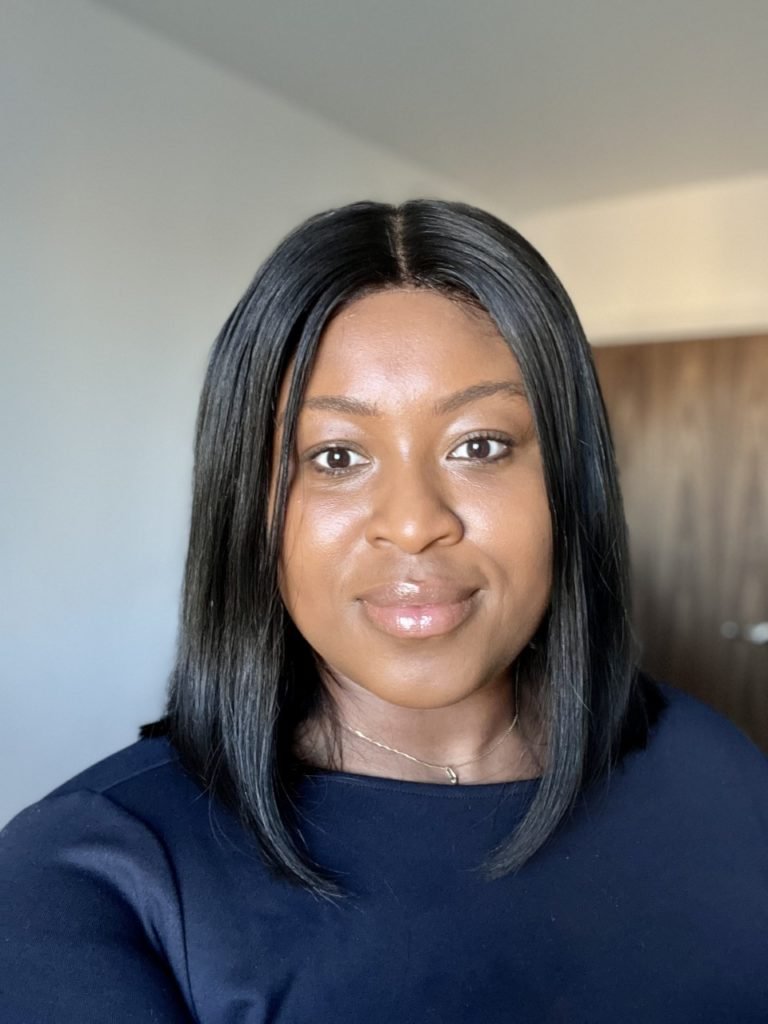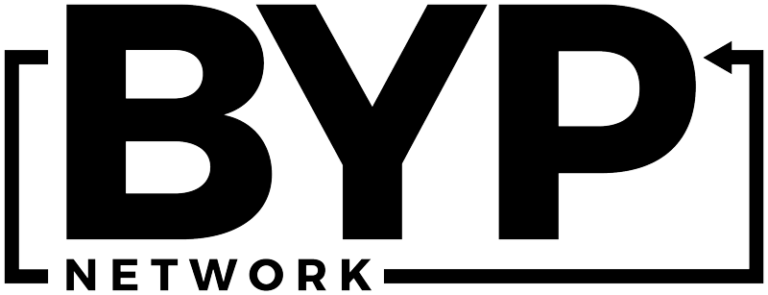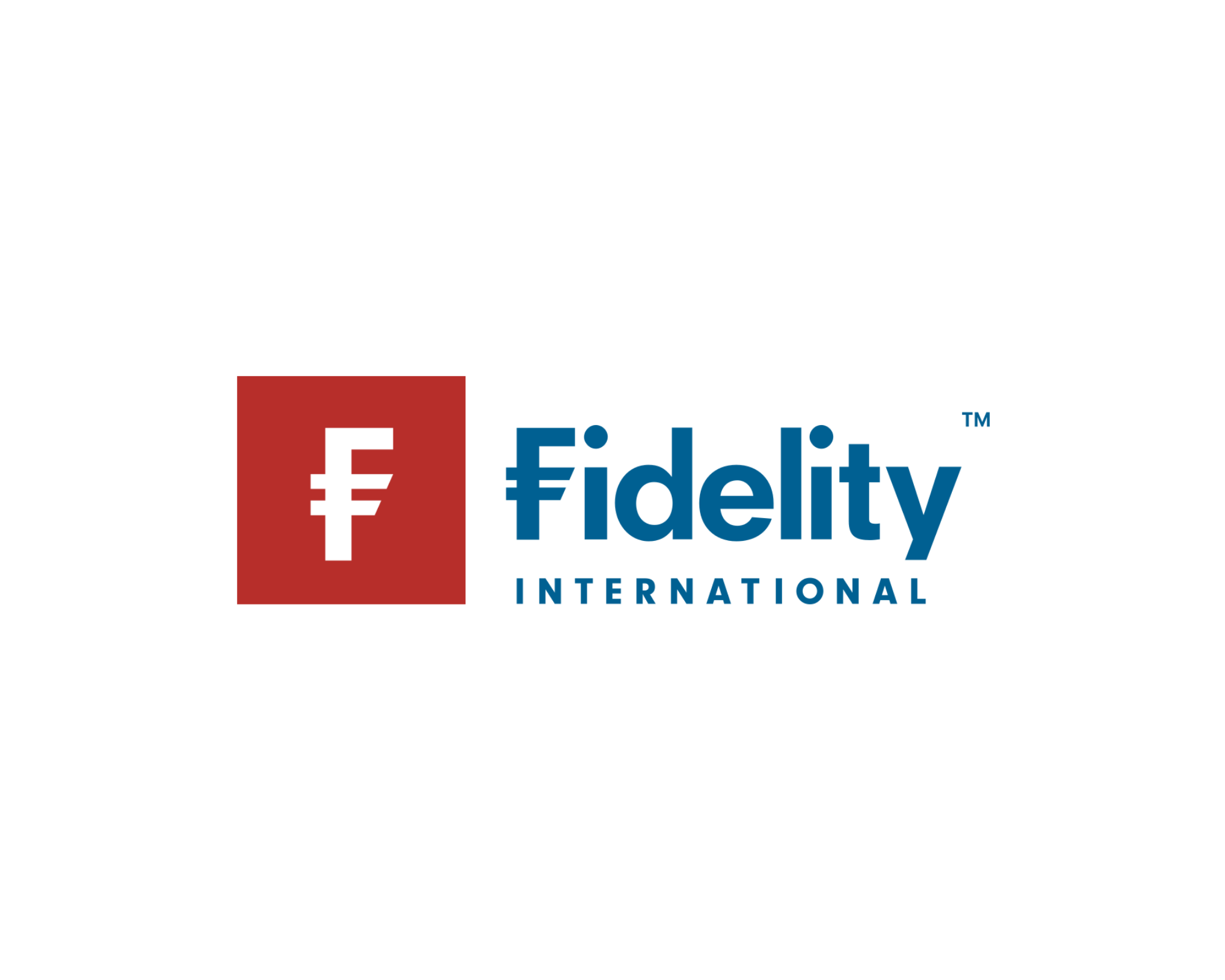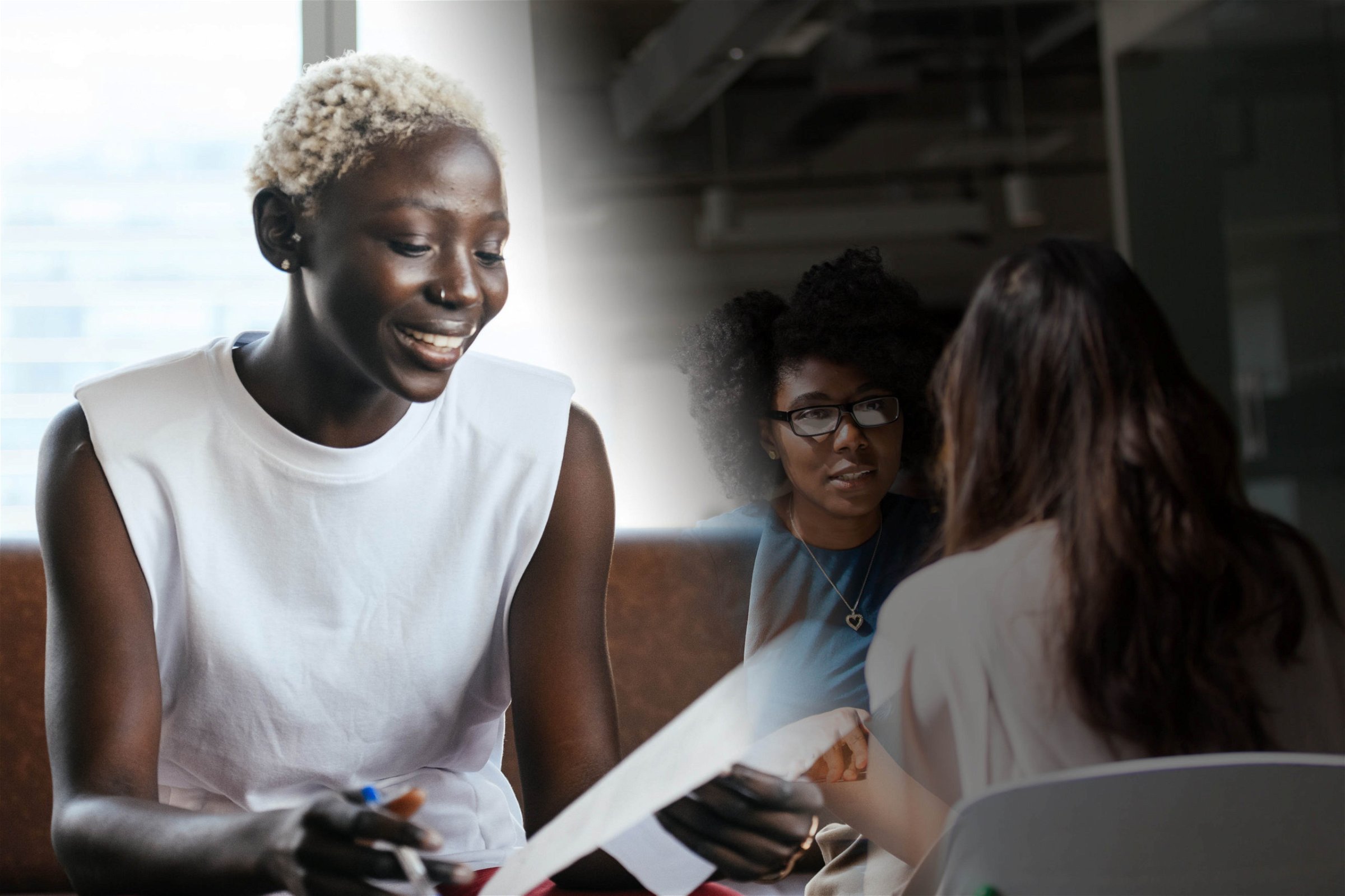
In today’s ever-changing financial climate, we could all use a knowledgeable and passionate advisor on our side. Inflation of our day-to-day needs, the increasing cost of education, retirement, even the rise of cryptocurrency can all be overwhelming. Many of us are in the dark about how to navigate these areas, and specifically, how do we make them work for us?
Fidelity International has been providing necessary guidance for over five decades. The multi-billion-dollar corporation offers investment solutions and retirement expertise to institutions, individuals and their advisers around the world. Henrietta Owusu-Banahene is a frontrunner among their ranks as a Portfolio Construction and Risk Analyst. Her role includes supporting portfolio managers, CIOs, and clients across all asset classes with portfolio construction solutions and communication on key portfolio risk.
Owusu’s success within her previous Senior Quantitative Risk Analyst role at GAM Investments is what led to her recruitment at Fidelity. That and her impressive Master of Science in Investment and Risk Finance as well as a Financial Risk Manager (RM) designation. Owusu has more than proven that she acquired the competency within RM to be an intellectual asset in the field.
If it sounds like a lot, it’s because it is, yet Owusu rises to the occasion. This goes without mentioning the adversity that comes with being one of the few Black professionals, a woman at that, within her specialty. Read more to find out how she overcame stereotypes and microaggressions to become an advocate for diversity and change in the world of finance.
BYP: What are the skills needed for your current position?
Owusu: Experience within risk management has helped a lot. Being able to code is important. I wouldn’t say that I am an expert when it comes to coding, but you should be able to deliver solutions be it analysis, data, researching; there are so many different metrics we have to look at.
Being able to communicate effectively, to influence certain people. [Also] being able to understand people and where they’re coming from and how you can help them. So, there’s a technical aspect and then there are soft skills and, in my view, these two go hand in hand.
BYP: What is the aspect that you love the most and why?
Owusu: The soft skills aspect is definitely something that I love the most. Regardless of the models and technicalities of coding, you’re still dealing with people. I love people. Being able to understand people in terms of where they’re coming from, their thought processes, what drives them. A part of me does enjoy the quantitative aspect of it. It can be quite intellectually stimulating.
BYP: In relation to being a Black professional, have you faced any challenges along your journey and how have you dealt with those?
Owusu: I remember when I started, I could hardly point to any Black professionals around me. Even if you do, it’s like one or two here and there, not a lot of investors that [were] Black when I joined. It was pretty difficult to see what your trajectory would be.
There’s an element of who an investor should be and who you are. For example, when you go into a client meeting, they don’t expect you to be Black, they don’t expect you to be female. So, it was fighting that mindset, fighting people’s expectations.
There’s an element of microaggressions. People don’t think of you as an investor or as somebody who is working in investment. So, they’re not very open in terms of how they deal with you. It would get to a point that you can be left out, [and] not included in meetings or decision making.
People expect you to pick up the minute tasks. You have to look back and think “Why am I here? I’m here because of my intellectual ability, so I need to stick with that.”
BYP: How do you move past those microaggressions?
Owusu: They wouldn’t be coming from everybody. So, you need to identify the people who support you and who are positive and willing to [be in] your corner. There are some pockets of positive people within the organization, and you should draw closer to those people and be willing to open up to share your experiences.
The other thing I started doing is to get involved in other things within the organization. If you just focus on your role and being on the receiving end of that microaggression, it tends to feed into your imposture syndrome and the confidence you’re trying to build. So, you have to step away and focus on the positive side and get involved.
BYP: In your opinion, how can companies demonstrate their push for diversity in a meaningful and long-term way?
Owusu: What I find in my company at the moment is that we have the numbers in terms of diversity, but when it comes to the committees that make decisions, you find that not just Black, but also females are a part of those decision-making committees. The members within those committees start asking themselves, “Is there a lot of diversity among us?” And if the answer is no, how do we change that?
The other thing is to provide a support system for Black people and minorities. This is one of the things I am trying to do as part of the colleagues in what we call the Black Voices at Fidelity. Try and create that support network so when you join the company and you identify as Black, automatically you get put into this network. Then you feel like this is a safe space. You can reach out to anyone in the network, and we’ll be able to help you.
BYP: We want to know more about you, where you’re from, and how your upbringing impacts your career.
Owusu: I was born in Ghana. I grew up and did my first degree in Ghana, and then I decided to move to the UK because I had family here. Then I decided to do my master’s degree and because I had an economics background, I thought “Ok, economics is what drives investments. So, let’s do a Masters in Investments and Risk Finance.” Which I really enjoyed! Once I finished, back in 2012, I stumbled upon the world of investments. I saw a role going for an intern position at GAM and I made it through the interview. Once I was in the industry, I tried to improve myself, in terms of learning and gaining a lot of experience from my peers.
BYP: Can you share some resources to make more Black women comfortable with investment and risk management?
Owusu: You need to start from your personal finances. If you want to look at it holistically, it can be intimidating. For myself, that’s how I got interested in investments in the first place. The first step is, do you have money to cover emergencies. If you have any debt, then it will make sense to tackle that. Once you finish that, you think about long-term.
If you have kids, it makes sense for you to start investing in your future. Then the element of investing and understanding how investment works come in. So, you think about what are the vehicles that you can use to invest. Fidelity has a lot of products that deal with investing. Look them up, read a little about it, in terms of the risks.
Think [about] what sort of investments will help achieve that long-term goal. Then you think about equities, diversified funds, compound interests, investment horizons, interests, pensions, etc.
BYP: What is the legacy that you want to leave and why?
Owusu: Recently, I was nominated for the Black Woman in Management 40 under 40 List. Which is such a big recognition. I want my legacy to be my daughter not having any limitations at all if she decides to take a career within investments. I don’t want her to feel her race or background is a hindrance to how well she can do within the industry.
How I intend to do that is to have talks like this to break the barrier of [what] an investor would look like. Also, create that support network for those coming from a Black background. Breaking that ceiling as to where a Black woman can go with regards to the higher levels of the investment industry. The plan is to keep improving myself and sustain those higher roles. My daughter and all the other girls or Black women can see “Well she’s done it so I can also do it.”

To learn more about Fidelity or to apply for their available opportunities please visit their BYP jobs board here.






